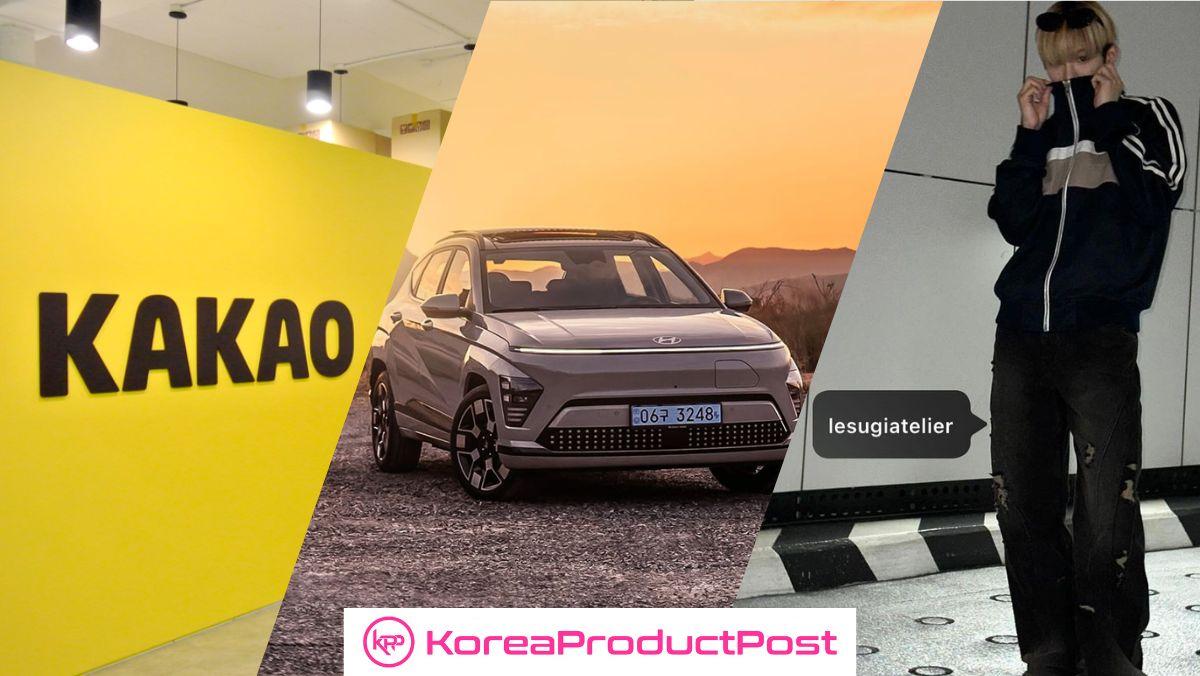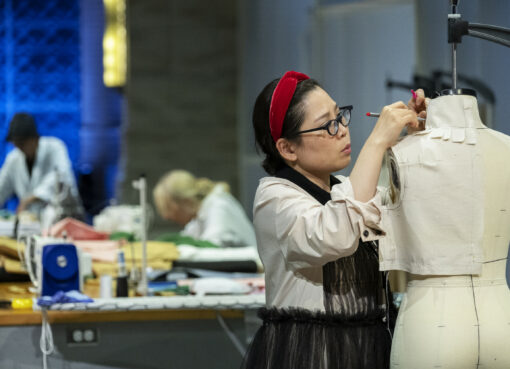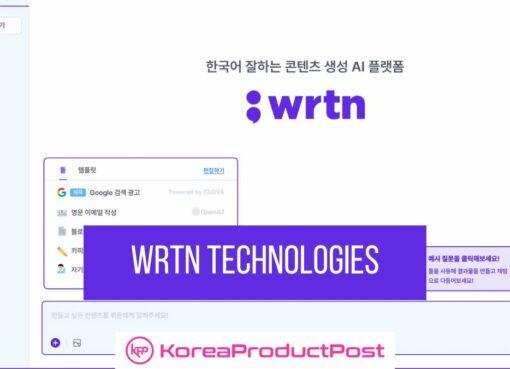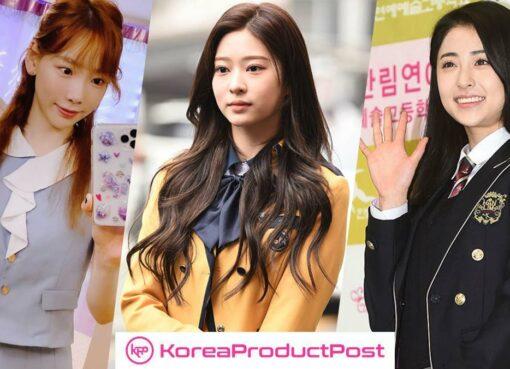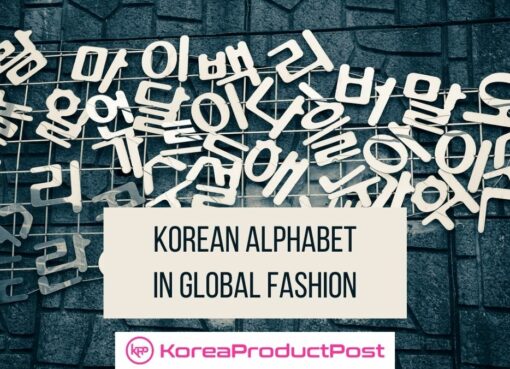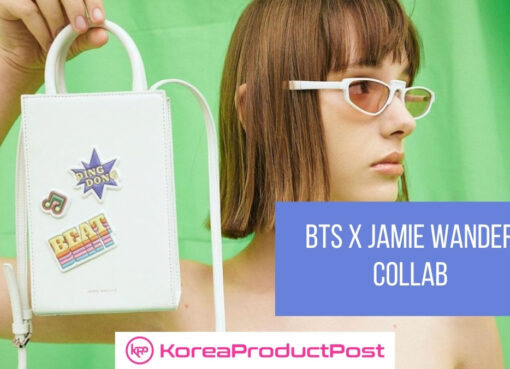Korea is renowned for being at the forefront of cultural innovation, often setting trends that ripple across the globe. Terms like K-pop, K-beauty, and K-fashion have emerged to describe the cutting-edge trends in this Asian nation. Leading Korean brands play a pivotal role in shaping these contemporary trends.
Top Korean Brands Shaping Today’s World
Samsung
Samsung, known as 삼성 (Samseong) in Korean, was established by Lee Byung-Chul in 1938, initially as a trading company. It wasn’t until the 1960s that Samsung ventured into the electronics sector, which is now globally renowned. The name Samsung derives from the Korean Hanja words 三 (sam), meaning ‘three’ – considered a lucky number, and 星 (seong), meaning ‘star’. The term “Three stars” symbolizes the founder’s aspiration to make Samsung an enduring brand, akin to the perpetual presence of stars in the night sky.
Samsung’s scale and influence are immense, contributing to approximately one-fifth of South Korea’s total exports. Its revenues are so significant that they equate to about 17% of South Korea’s GDP. The company’s main offices are located in Samsung Town, Seoul.
An interesting tidbit: Samsung is the first company to introduce a mobile phone equipped with an MP3 player. This milestone reminds us of the rapid pace of technological advancement and how quickly innovations become integral parts of our lives.
Hyundai
Continuing with the next top Korean brands, Hyundai, also known as 현대 (hun-day) in Korean, stands out as a major player in the automotive industry. The name ‘Hyundai’ is derived from the Korean 現代 (hyeondae), which translates to ‘modernity’ or ‘contemporary’. This name aptly reflects the brand’s commitment to pushing the boundaries of creativity and innovation. Established in 1967, Hyundai has its headquarters in Seoul. Notably, it runs Ulsan’s largest integrated automobile manufacturing facility, with the impressive capacity to produce 1.6 million units annually.
Kia
Under the ownership of Hyundai, Kia, known as 기아 (ki-ah) in Korean, represents another notable automotive brand from Korea. The name ‘Kia’ is an intriguing blend of Korean words, originating from the Hanja characters 起 (ki), meaning “to arise,” and 亞 (a), signifying “Asia.” This combination conveys the inspiring message of “Rising from Asia,” a fitting testament to the brand’s identity and aspirations.
Established in 1944, Kia has become the second-largest automobile manufacturer in Korea, following its parent company, Hyundai. This growth underscores the company’s significant role in the automotive sector and contributes to the industry’s evolution in Asia and beyond.
LG
LG Corporation has a rich history and is likely a familiar presence in many homes through products like TVs, sound systems, air conditioners, or kitchen appliances. Tracing back to 1952, it was formed by merging two companies: Lak Hui (락희) (Lucky) and Goldstar. This amalgamation led to the creation of “Lucky Goldstar,” known in Korean as 럭키금성 (樂喜金星 – Leokki Geumseong). However, by 1995, it was realized that this name was somewhat cumbersome for international consumers. Following a survey among employees and domestic customers, the company adopted the brief and now globally recognized name LG (엘지), effectively encapsulating its brand identity more universally.
Kakao
Kakao, known as 카카오 in Korean, is a South Korean internet company that has become a household name in Korea. The company’s name is a clever play on the word ‘cacao,’ the primary ingredient in chocolate, with a distinctly Korean twist by adding the letter ‘K.’ Founded in 2010 in Jeju City, South Korea, Kakao has rapidly gained prominence, particularly through its flagship service, KakaoTalk. This service is a free mobile instant messaging application for smartphones, allowing users to send texts and make calls at no cost. This innovative approach to communication has significantly contributed to Kakao’s growing popularity and influence in the digital landscape.
Posco
Delving into the industrial sector of Korea, we encounter Posco, officially known as 주식회사 포스코, a titan in the steel-making industry from South Korea. Ranking as the world’s fourth-largest steelmaker, Posco has established a significant presence in the global market. The company’s inception dates back to 1968, with its headquarters in Pohang, South Korea. The name ‘POSCO’ is an acronym derived from its original name, Pohang Iron and Steel Company, succinctly encapsulating its core business and geographical roots. This company’s growth and influence highlight the robust and diverse nature of South Korea’s industrial capabilities.
E-mart
E-mart, known in Korean as 이마트 (i-ma-tŭ), stands as Korea’s largest retailer, boasting a network of over 160 stores throughout the country. This retail giant debuted in 1993, earning the distinction of Korea’s first discount retailer. Since its inception, E-mart has experienced exponential growth, firmly establishing itself as a leader in the retail industry within Korea. This remarkable expansion highlights E-mart’s significant role in shaping the nation’s retail landscape and consumer culture.
KEPCO
The Korea Electric Power Corporation, commonly referred to as Kepco (켑코 in Korean), is the largest electric utility provider in Korea. This pivotal company plays a critical role in the nation’s energy sector, being responsible for generating and distributing an impressive 93% of South Korea’s total electric power. Kepco, with a history spanning over a century, was established in 1898 in Seoul. The name ‘Kepco’ is an abbreviation that succinctly represents the full name, Korea Electric Power Corporation. This establishment’s longstanding history and significant contribution to Korea’s energy infrastructure underscore its importance in its development and modernization.
SK Telekom
SK Telecom, known in Korean as 에스케이텔레콤, is the leading telecommunications operator in Korea. Founded in 1984, the company has established its headquarters in Seoul. SK Telecom has played a pivotal role in developing and advancing Korea’s telecommunications sector, contributing significantly to the country’s modern communication infrastructure.
Top Korean Fashion Brands
Korean fashion brands are gaining global recognition for their inventive and contemporary contributions to the industry. These well-known Korean fashion brands are expanding their reach worldwide, making their presence known in various corners of the globe.
STYLENANDA
Korea’s passion for beauty and fashion is well-known, with the country often serving as a breeding ground for new fashion trends and brands. Among these, Stylenanda, or 스타일난다 in Korean, stands out as a prime example of Korea’s vibrant streetwear scene. Established 2004 in South Korea, this famous brand has made its mark in clothing and makeup. In a significant development, Stylenanda was acquired by L’Oréal in 2008, leading to its expansion across Southeast Asia.
If you find yourself in Seoul, visiting Stylenanda’s flagship store in Myeong-dong is a must. Known as the Pink Hotel, this store is a visual feast decked out entirely in pink. It’s not just a shopping destination but an immersive experience that encapsulates the brand’s essence and offers a unique glimpse into Seoul’s dynamic fashion landscape.
Minju Kim
Minju Kim is a rising star in the Korean fashion scene, gaining significant recognition and momentum. The eponymous brand’s creator, Minju Kim, catapulted to fame as the winner of Netflix’s inaugural season of “Next In Fashion” in 2020. Following this victory, Kim has unveiled various vibrant collections and collaborations, each receiving widespread acclaim and success.
This trajectory highlights Minju Kim’s creative prowess and ability to resonate with contemporary fashion trends. Her success after “Next In Fashion” demonstrates not only her talent but also the growing influence and dynamism of Korean fashion on the global stage.
LESUGIATELIER
Lesugiatelier, one of the top Korean fashion brands is deeply rooted in a rich heritage. The brand ventures into the intricate world of desire with a bold and unorthodox approach. The brand distinguishes itself by going beyond mere surface appeal, instead embracing deeper values and meanings. With a commitment to redefining value, Lesugiatelier encourages a fresh exploration of personal desires.
Each collection by Lesugiatelier is crafted around a distinct story, offering more than just fashion but a narrative experience. This is exemplified in their latest collection, which carries the intriguing slogan ‘Something Unusual Generates Ingenuity.’ This philosophy defines their approach to design and reflects their dedication to inspiring creativity and uniqueness in their audience.
Gentle Monster
Gentle Monster, established by CEO Hankook Kim in 2011, quickly gained a reputation as the premier sunglass brand in Korea, and its popularity soon spread internationally, sparking a rapid global expansion. The brand has attracted a diverse and impressive array of celebrities, including Rihanna, Billie Eilish, Hailey Bieber, Lil Nas X, and Jennie from Blackpink, who have all been spotted wearing Gentle Monster sunglasses.
Renowned for its bold and innovative eyewear, Gentle Monster is adept at blending various styles, from sleek cat-eye frames to sunglasses with translucent colored lenses. Positioned at the cutting edge of fashion-forward eyewear, Gentle Monster has significantly impacted the industry, continually setting trends and redefining the standards of stylish eyewear.
Bonus: FILA
While Fila’s origins are not Korean—it was established in Italy in 1911—the brand has carved out a significant niche in Korean society through Fila Korea. Its impact has been so profound that, in 2007, Fila Korea ultimately acquired the brand. This acquisition led to the relocating of the brand’s headquarters and its international subsidiaries to Seoul, cementing its strong ties with Korea.
The name ‘FILA’ is derived from the brand’s founder, Giansevero Fila, and his three brothers. Their names form the basis of the brand identity, linking its rich history to its contemporary global presence, particularly its strong association with Korean culture and the fashion industry.
Join us on an exciting journey to explore the vibrant world of Korean lifestyle – from the latest beauty tips to the hottest tech and so much more on Facebook, Twitter, LinkedIn, and Flipboard.



